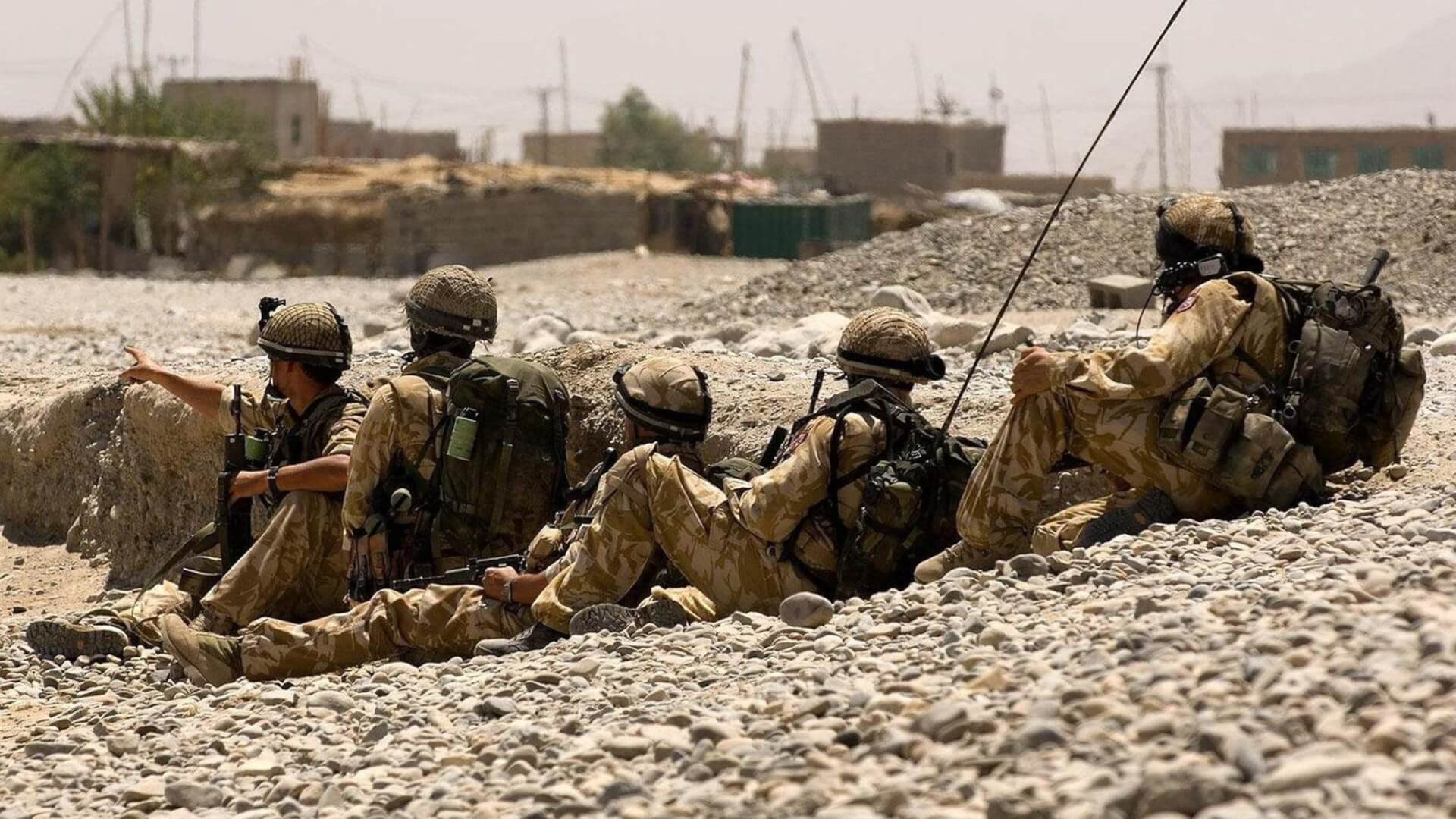In a report released on Tuesday, charity organisation Action on Armed Violence (AOAV) claimed that British soldiers killed at least 64 children in Afghanistan across 38 incidents from 2006 to 2014. Through freedom of information requests to the government, the charity also found that British forces had killed at least four times more Afghan children than the 16 it has publicly admitted to.
In response, the British Ministry of Defence said that child fatalities are “a tragedy” and insisted that British forces aim to minimise the risk through rigorous intelligence work, engagement protocol, training, and assessments. However, it did not express regret for or apologise for the incidents or the discrepancies between the report and publicly available figures on child deaths.
The report asserted that the Ministry of Defence had treated the circumstances that led to the minors’ death as “cursory in the documentation.” AOAV chief Iain Overton said that while death during wars is inevitable, the Ministry’s failure to report the fatalities accurately amounts to “an omission of responsibility and an erosion of truth.”
In this regard, the AOAV revealed that the Ministry had provided it with “additional notes” that it had previously withheld from its database.
Appeared on BBC news to talk about the tragic deaths of children in Afghanistan during British military operations (part 1) pic.twitter.com/y895FyN2I2
— Dr Iain Overton (@iainoverton) November 9, 2022
The charity affirmed that even the lowest figure is much higher than the data released by the British Ministry of Defence, noting that 64 listings mentioned “child” or individuals under 18.
However, if the number of children is counted by including listings with descriptions such as son, daughter, or nephew, the number could be as high as 135 in 47 incidents. While AOAV admitted to the possibility of the descriptions being of adult victims, it said the likelihood that they are describing minors is high, especially when taking into consideration that the median age in Afghanistan is just 18.
This point is corroborated by the fact that the average age of children killed in British military operations was six years, with the youngest victim just one year old and the oldest aged 15. Of the 64 confirmed child victims, 41% were aged ten years or younger and 22% were five years old or younger.
To this end, the report said, “It is notable that no child (especially male) was aged 16, 17 or 18 and raises the question as to whether any male teenager killed in fighting in Helmand would have been seen as a combatant.”
The total fatality figures will only be a fraction of those killed by British forces. The data only captures those Afghans who were capable of going through the arduous compensation process and had enough evidence for the claim to be accepted at the Area Claims Office.
— Dr Iain Overton (@iainoverton) November 9, 2022
It admitted that there is “absolutely no evidence” that the British military deliberately targeted civilians or minors but underscored “these tragedies must be marked down as a consequence of poor targeting, over-use of heavy weaponry or fighting in populated areas.”
The AOAV said the mistakes were inevitable, saying troops were often “poorly equipped” and operated in tightly-packed civilian areas, which not only killed several children but also 454 British personnel.
The AOAV identified crossfires and airstrikes as the two most common reasons for minors’ deaths. While airstrikes accounted for 50% of deaths, small crossfires caused 22% of the fatalities.
I hope to be on @BBCNews at 2.45 talking about the as-many-as 135 children killed in British military operations in Afghanistan.
— Dr Iain Overton (@iainoverton) November 9, 2022
And asking - is there the appetite in @DefenceHQ to look at lessons learned from these tragedies and, if so, what did they do about it?
The charity also took aim at the British government’s heavy reluctance to offer compensation for the damage it caused and the people it killed. It claimed that authorities use an unreasonably high standard for evidence, often requiring Afghans to present photos, medical reports, and proof that the victims were not members of the Taliban. As a result, out of 881 fatality claims, just 25% have received compensation. Moreover, it was found that the government offered merely around $1,900 in compensation to the relatives of victims.
This is not the first time British forces have been criticised for their actions in Afghanistan. Earlier this year, an investigative report by the BBC suggested that SAS squadrons deployed to Afghanistan between 2010 and 2011 may have illegally killed 54 individuals during a six-month tour.
We're horrified at these reports.
— Save the Children UK (@savechildrenuk) November 9, 2022
It's shameful that at least 64 young lives have been lost as a result of UK military activity in #Afghanistan .
Every child's death is a tragedy and we must do more to protect them, especially in war.https://t.co/2M1CpS0zgB
Last December, a whistleblower from the British Foreign Office also spoke of the government’s faulty evacuation plan. He said that contrary to the government’s claims, several applications for evacuation and asylum, including a few by Afghan political leaders, went unread and unaddressed.
Further evidencing improper conduct by British military personnel, the International Criminal Court’s former chief prosecutor, Fatou Bensouda, said in December 2020 that while the court was dropping the investigation into war crimes (as there was no evidence that the British government was not investigating into the matter), there was “reasonable basis to believe” that British armed forces had committed several war crimes in Iraq, including rape, torture and willful killing.
Similar allegations were levelled at Australian special troops in October 2020, following which an investigation found “credible evidence” of the use of “drop weapons” to justify the unlawful killing of 39 people.

